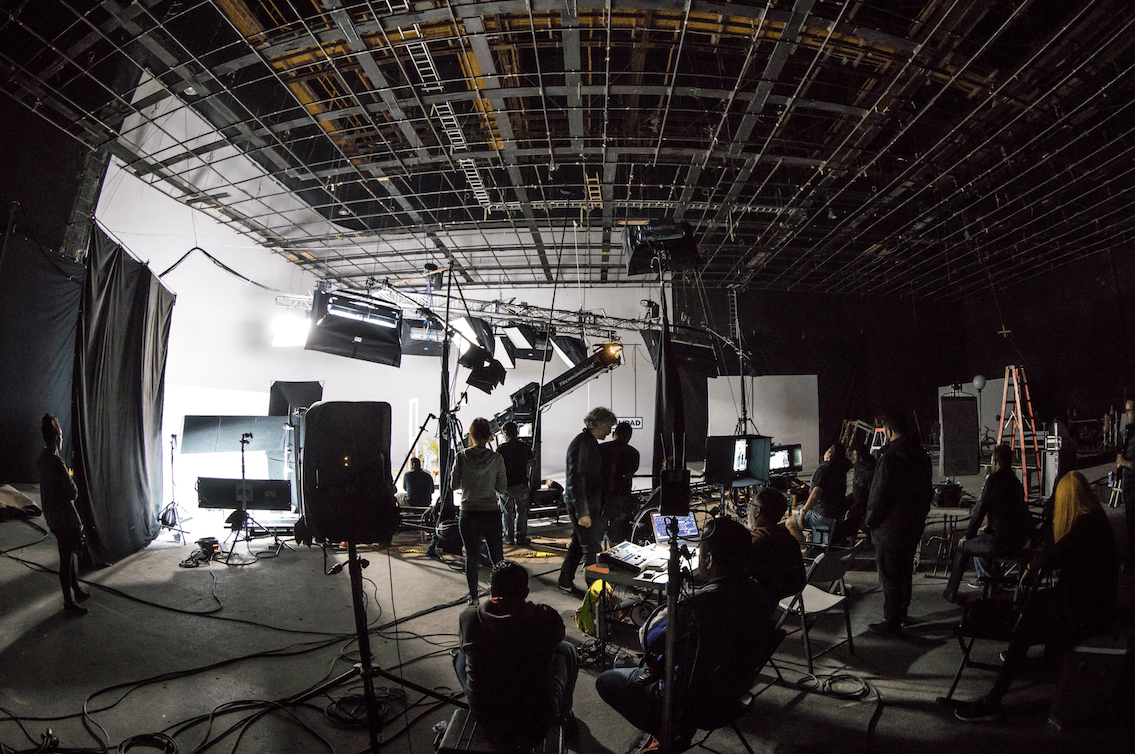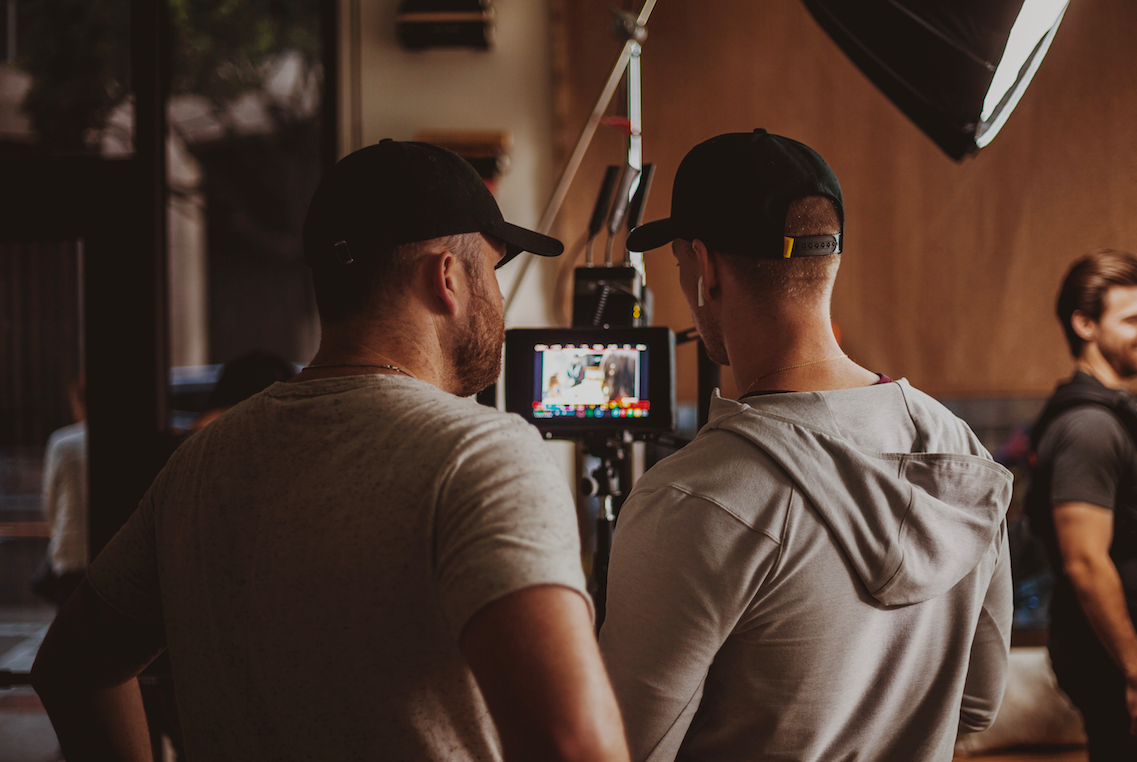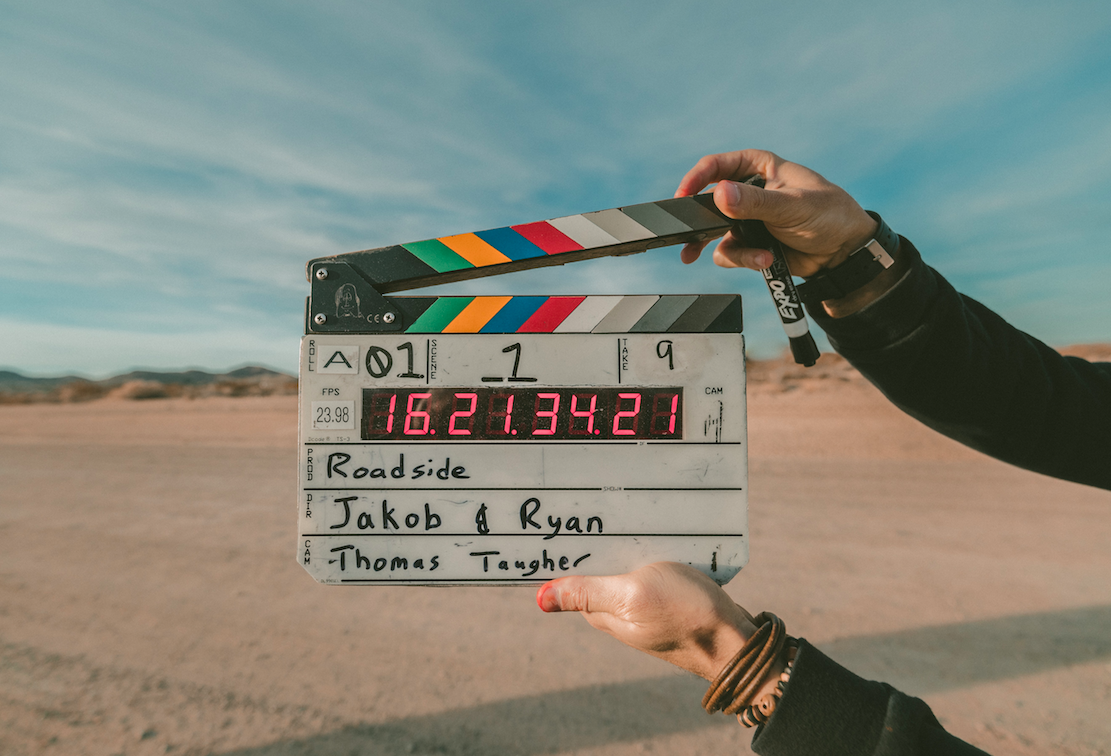The Importance of Post-production Transcription in Video Production
As a video producer, post-production transcription can be an excellent way to enhance your production. This guide will provide you with the necessary information on how to get started with post-production transcription. Post-production transcription is transcribing raw audio from a media file, typically a video file or wire recording of an interview, to publish […]

As a video producer, post-production transcription can be an excellent way to enhance your production. This guide will provide you with the necessary information on how to get started with post-production transcription.
Post-production transcription is transcribing raw audio from a media file, typically a video file or wire recording of an interview, to publish it online. Before we can begin our discussion on post-production transcription, we must first take a moment to understand the importance of this process in video production.

Why Post-production Transcription?
One of the most important aspects of video production is audio. If a video does not have the appropriate audio, it does not matter how well-made the video is; it will be virtually impossible for most people to watch and listen to. A bad actor can make even the best script seem bad and unappealing, but only if they are properly edited and shot. Poor use of audio in a film can completely ruin an otherwise good film.
Post-production transcription can be a great way to ensure you don’t miss any aspect of your audio. Some people may experience nervousness when talking on camera from the onset, which can cause them to say certain things in a way that isn’t quite as clear or coherent as they would have liked. You might not notice these issues until you sit and watch the raw footage. If you’ve ever seen a poorly dubbed film, you know what I mean.
Similarly, the sound quality in some recordings can be subpar. For example, the phone line on your recording may be slightly crackly or not entirely clear. These types of problems can ruin your recording and make it hard to listen to at all. In addition to this, interviews can go south as well because they are typically very long and tedious content that most people would rather skip over. This is where transcription comes into play.

Types of Content
Different types of content have different needs from the transcriber. Some types of content typically don’t need transcription because they aren’t that time-consuming. For example, all interviews for educational purposes usually don’t require complete transcription because it is usually a one-time recording and can be handled quickly and easily.
Some other types of videos require more attention to detail and often take extended periods to transcribe. This is the case with trailers and reviews of movies, television shows, albums, and video games. Finally, longer videos will have more room for error regarding audio quality. In these cases, a better quality recording will almost always be necessary.
Comments (0)
No comments yet. Be the first to share your thoughts!